Why is Refined Flour (Maida) Unhealthy?
Refined flour (Maida) is used to make breads and cakes. Excessive consumption of Refined flour increases the risk of weight gain and diabetes. Read this article to learn more!
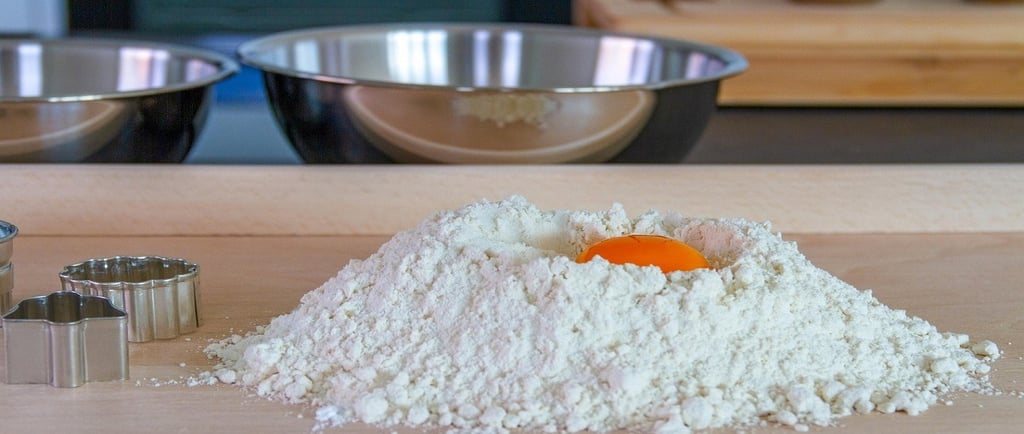

What is Refined Flour?
Refined flour, also called all-purpose flour or maida, is a superfine white flour made from wheat. A wheat grain is composed of three portions: germ, bran, and endosperm. Refined flour is made by milling the wheat grain and removing the bran and germ portions of the grain. This removes all the nutrients ( fiber, vitamins, and minerals) from the flour. Refined flour only contains starchy endosperm without any nutrients.
Refined flour's original colour is yellow, due to Xanthophyll, a pigment present in the endosperm. The refined flour is bleached with bleaching agents to get the appealing white color.
Chemicals used in Bleaching the Refined Flour


Chemicals used in bleaching the refined flour make it hazardous to health. The following are a few chemicals commonly used to bleach refined flour.
⦁ Benzoyl Peroxide
Benzoyl peroxide is a bleaching agent primarily used to treat acne. The consumption of benzoyl peroxide affects the metabolism of omega-3 and omega-6 fatty acids, and adversely affects the nutrients of the flour.
⦁ Azodicarbonamide
It is a harmful chemical generally used as a blowing agent in plastic energy to make polymer foams. Studies have found that it increases the risk of cancer.
⦁ Chlorine dioxide
Chlorine dioxide is primarily used in industrial water treatment, sanitation, and water purification. Its usage to bleach flour can destroy vitamin E in it.
⦁ Hydrogen peroxide
Hydrogen peroxide is a cleaning agent used in stain removers, mouthwash, bleaches, dyes, and cleansers. Consumption of hydrogen peroxide can cause digestive-related issues.
⦁ Potassium Bromate
Potassium bromate is an oxidising agent used to improve flour texture and appearance. It is a harmful chemical that can damage the kidneys and cause thyroid diseases and cancer.
Harmful Effects of Refined Flour
⦁ Weight Gain


Refined flour or Maida is a calorie-rich food. A 100g serving of refined flour contains approximately 364 calories, which is more than a 100 g serving of whole wheat flour, containing 339 calories.
Refined flour doesn't contain fiber, so it will not keep you fuller for longer. You will feel hungry more often and tend to consume more calories in a day, resulting in weight gain.
⦁ Diabetes
Refined flour contains alloxan, a toxic chemical compound that destroys the insulin-producing beta cells in the pancreas, resulting in low insulin production and diabetes.
Due to the absence of fiber, the glycemic index (GI) value of refined flour is 85, which is very high. The high GI value indicates that the carbohydrates in the flour are rapidly absorbed into the blood, causing a blood sugar spike. Frequent blood sugar spikes can cause diabetes.
⦁ Cancer
Azodicarbonamide and potassium bromate are harmful chemical compounds used in the bleaching of refined flour. Consumption of these chemicals can cause cancer.
⦁ Coeliac disease
When water is added to the refined flour, glutenin and gliadin, types of protein present in the endosperm of wheat, convert into gluten. Refined flour contains 8 to 11 % gluten. Excess gluten consumption can cause coeliac disease, which is an autoimmune disease in which the body attacks its own tissues every time you eat gluten; this damages the small intestine.
⦁ Nutrient deficiency
As all the vitamins, minerals, and fiber are removed from the refined flour during the manufacturing process, it is left with empty calories with zero nutrients. Prolonged consumption of refined flour can lead to nutrient deficiencies in the body.
⦁ Chronic disease
According to a study involving thousands of participants aged 35 -70, excessive consumption of refined flour products such as white bread, pizza, pasta, cake, cookies, etc., increased the risk of stroke, heart disease, and early death.
⦁ Indigestion


Consumption of low fiber food like refined flour can cause gas, bloating, constipation, and irritable bowel syndrome (IBS).
⦁ Presence of Harmful SMBS
Refined flour can contain harmful Sodium Metabisulfate (SMBS), used as a bleaching agent, preservative, or to make dough softer and extensible. It is a toxic chemical compound that can cause respiratory and digestive diseases. SMBS is harmful to kids and pregnant women.
⦁ Weak Bones


The refined flour is acidic due to the lack of nutrients like calcium and magnesium removed during the manufacturing process. To neutralize this acidity and balance the pH, the body draws calcium from the bones, which increases the risk of bone diseases like osteoporosis and arthritis.
⦁ High Inflammation
Refined flour increases inflammation in the body. High inflammation can cause autoimmune diseases, heart problems, digestive issues, and brain diseases like Alzheimer's and Parkinson's disease.
⦁ Heart Diseases


Excess consumption of food made of refined flour can increase the bad cholesterol (LDL) in the body. High LDL levels increase the risk of heart disease and heart attack.
⦁ Gall Bladder Stone
Gall bladder stones are generally composed of cholesterol. A diet rich in refined flour can increase cholesterol levels in the bile, which increases the risk of stone formation.
⦁ Food Addiction
Foods such as cake, pasta, pizza, and doughnuts contain refined flour mixed with excess salt, sugar, and bad fats. These kinds of food are addictive and can make you overeat, leading to weight gain and obesity.
⦁ Metal Health issues


Refined flour negatively affects the good bacteria in our gut, which are responsible for the production of serotonin (a happy hormone) and melatonin (a hormone that helps in sleep). Imbalance in these hormones can cause anxiety and depression.
Refined flour triggers blood sugar spikes and crashes, which causes irritability and mood swings.
⦁ Skin Problems


Due to its high glycemic index, refined flour increases insulin secretion, and excessive insulin production can lead to increased sebum (an oily substance) production in the skin, resulting in clogged pores, acne, and oily skin.
Tips to Avoid Refined Flour Consumption
Knowingly or unknowingly, we consume refined flour in many forms. The following are a few tips to help you minimize your refined flour consumption.
1. Avoid foods such as pasta, burgers, pizza, cake, doughnuts, or other bakery items.
2. Consume more home-cooked foods.
3. Limit eating outside to once a week; many restaurant items contain hidden refined flour.
4. When purchasing packaged food, such as noodles, cookies, and snacks, check for refined flour, also known as all-purpose flour, on the ingredients list.
5. Replace your regular white bread with whole-grain bread.
6. Some sauces and condiments may contain refined flour. However, a little quantity may not hurt, but it may be addictive and can be harmful in the long run.
7. Sugar-coated refined flour is all around us. If you have a sweet tooth, consider replacing regular cakes, pastries, and cookies with whole-grain alternatives.
Healthier Alternatives to Refined Flour
Various nutrient-rich flours can be used as a substitute for refined flour.
⦁ Almond Flour
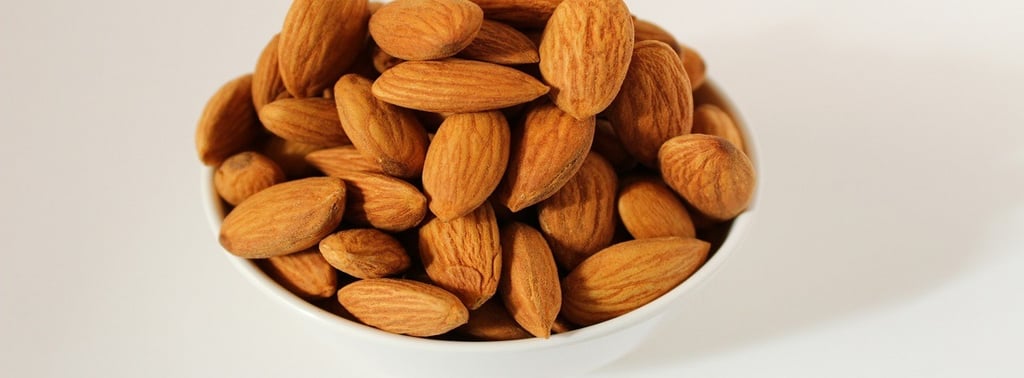

Almond flour is a good source of protein, fiber, and vitamin E. It contains healthy fats, which are good for cardiovascular health. Almonds are crushed into fine powder to make almond flour. Due to its fiber and protein content, it will keep you fuller for longer and doesn't cause blood sugar spikes. Almond flour can be used in a variety of savoury dishes and bakery products like cakes, pie crusts, cookies, and pancakes.
⦁ Whole Wheat Flour
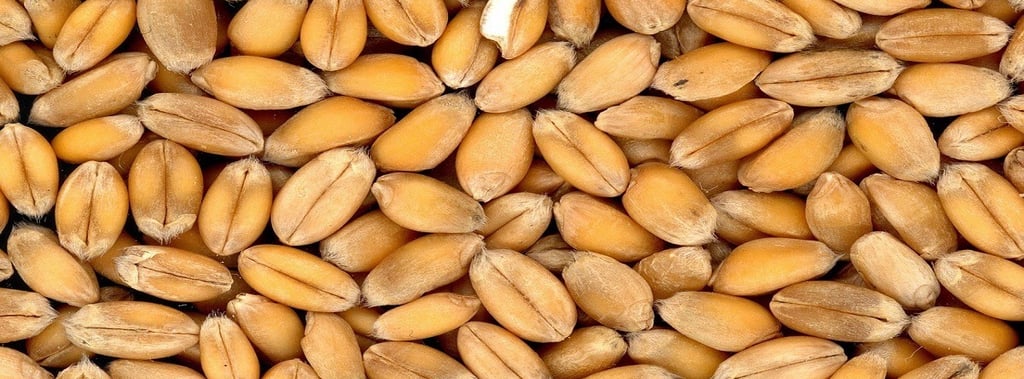

Whole wheat flour contains the bran and germ portion of the wheat, so it retains all the nutrients of the grain. The glycemic index of whole wheat flour is around 45, which is quite lower than that of refined flour (GI value 85). So it is good for blood sugar management. You can make bread, cookies, and tortillas from whole wheat flour.
⦁ Coconut Flour
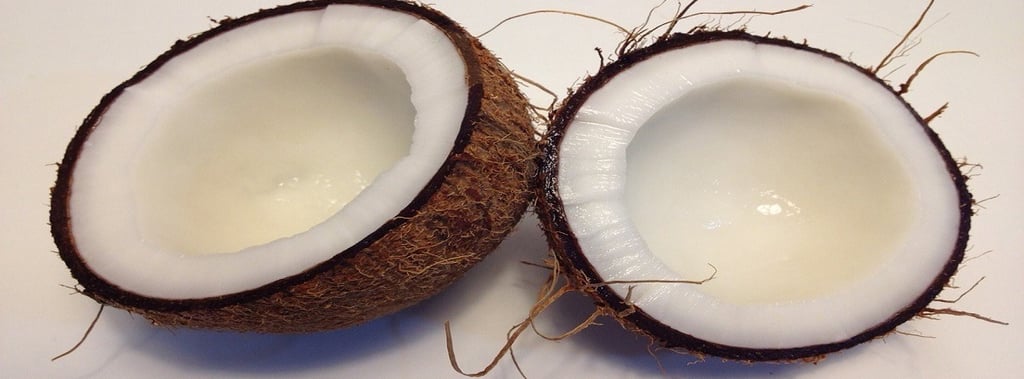

Coconut flour is a fine powder of coconut meat. It is a gluten-free, calorie-dense flour full of fiber, protein, potassium, and antioxidants. You can use coconut flour in a variety of bakery products in place of refined flour.
⦁ Buckwheat Flour
Buckwheat or Kuttu flour is a gluten-free flour derived from the seeds of the Buckwheat plant. It contains resistant starch, which helps lower blood sugar levels and improves gut health. It can be used for making pancakes, muffins, noodles, and cookies.
⦁ Quinoa Flour
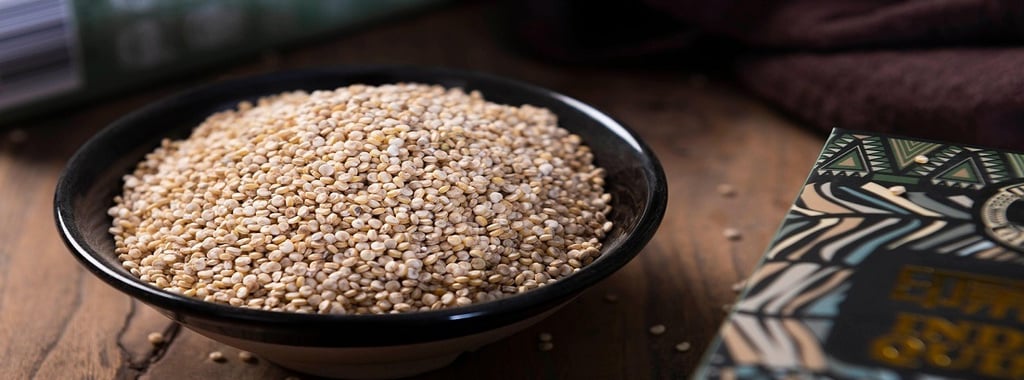

Quinoa flour is made of quinoa seeds and doesn't contain gluten. It is rich in protein and fiber. Quinoa flour contains magnesium, zinc, and iron, and is a good source of antioxidants that can prevent heart and bone diseases. Quinoa flour can be used to make bread, pancakes, waffles, and muffins. It is a natural thickener and is used in soups and sauces.
⦁ Oat Flour
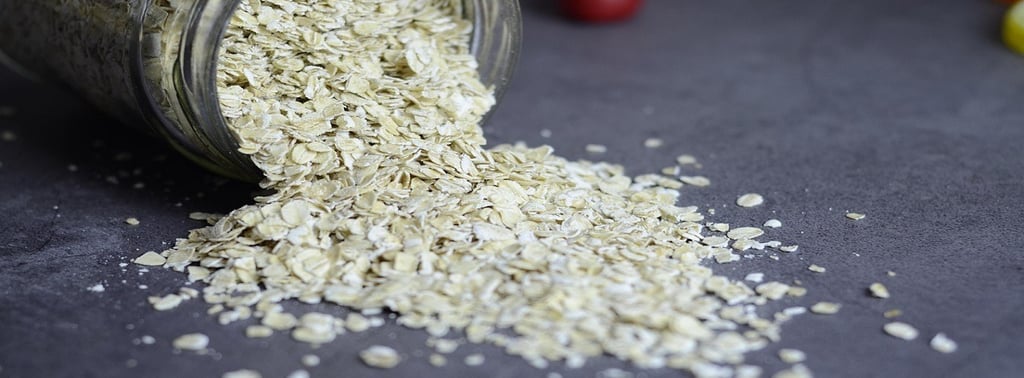

Oat flour has a mild nutty flavour. It is made by grinding rolled oats. It is a gluten-free whole grain flour with nutrients like antioxidants, protein, fiber, magnesium, phosphorus, copper, and biotin. Soluble fiber in oat flour aids good bacteria in the gut and also keeps you fuller for longer. You can use oat flour in breads, pancakes, cookies, and many other dishes.
As we have discussed, refined flour offers no health benefits, and its excessive consumption can be detrimental to health. However, you can still enjoy your favourite cakes, cookies, and breads on special occasions. For daily consumption, use healthier alternatives like whole wheat flour and oat flour.
To limit your refined flour consumption, stay vigilant while buying packaged food products and prefer food items containing whole grains.



